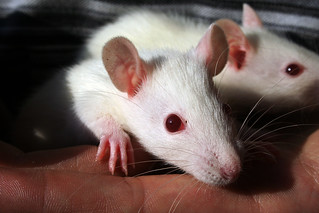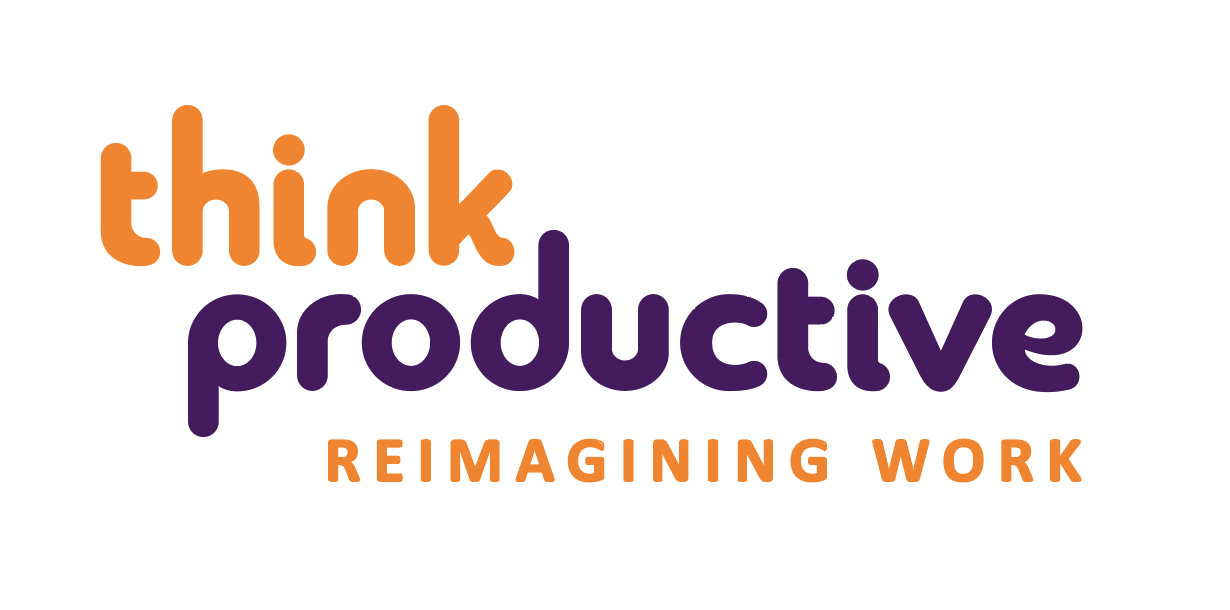Does your company vision support you to make daily decisions?
Do you even know what it is?
How does it relate to your decision making authority or approval processes at work?
I grappled with these questions for most of March. I work for a UK based personal productivity training company called Think Productive UK. I visited our head office in the lovely seaside town of Brighton in February and will travel there annually for business trips. The rest of the year, I run Think Productive UK Canada from Calgary – a 9 hour flight from the majority of my co-workers.
Communication with head office is conducted through email and Skype during the small window of our overlapping business hours. If we were a ‘normal’ company, this might not be extraordinary or even challenging. But, this year, we are not behaving in a very typical way.
Graham’s Experiments
Graham Allcott, founder of Think Productive UK, and my boss, is conducting a year of extreme productivity experiments in which he is the primary lab rat and his team are unwitting (yet mostly-willing) participants.

Each month brings a new experiment.
Here is the schedule for the first quarter;
- January – email access ONLY on Fridays
- February – decisions made by the roll of dice
- March – working 60 minutes per day, 7 days per week.
March also marks my first official month on the job as Canadian Director and Productivity Ninja (trainer). I am writing this in the final few days of March…almost to the end!
Autonomy by Necessity
I like to be autonomous. I’ve run my own businesses for years, making all the decisions- for better or for worse. I joined Think Productive UK when I realized my strengths were more operational than strategic. I wanted to be part of something bigger than I could create on my own.
This propelled me to seek a company with clear direction, solid values, a great product, and cool branding. And, who wouldn’t want the job title of Productivity Ninja?! Graham’s excellent leadership and strategic thinking balance my tendency to focus on detail. He provides the vision and direction; I make stuff happen. Our working relationship seemed compatible enough to get us through March’s experiment with ease. Or so I naively thought.
Misplaced Focus
Do you ever feel like you’re imposing when you ask for help from a manager or co-worker? Especially when you’re new in a role? That’s how I felt for the first two weeks of March. I second-guessed every email to Graham and wondered if I was demanding too much time and attention. I didn’t want to be the squeaky wheel. I was in a perpetual state of low-grade worry knowing Graham only had one hour a day to respond to all the demands on his time.
I struggled with a number of decisions ranging from developing content for a speaking engagement to customizing a workshop for a client. In retrospect these worries now seem pretty minor. Both events went just fine, but in the moment I fretted about doing the right thing and pleasing my manager.
As the month progressed and I gained confidence in my role, I had a revelation about perspective. My focus was misplaced. I realized all I needed to do was look to the company vision: “to improve working life for people and replace ‘information stress’ with playful, productive momentum & control.” Once I had this clarity of purpose I shifted my perspective to consider ‘what is best for the client and how can I make that happen’ and things worked out quite well.
Asking Forgiveness Instead of Permission

The lack of access to my boss really forced me to prioritize what I needed “permission” for. As we entered week 3 with a few milestones accomplished, I realized the world was not going to end if I didn’t get a stamp of approval from management on every little thing. This was quite empowering and gave me the confidence to make a larger decision to hire an assistant without asking or agonizing. And, not surprisingly, this decision was greeted with positive feedback and support from the team.
So despite the restricted access to Graham in my first month of operation, we fared pretty well. A clear vision statement serves as a guidepost for daily action as well as larger decisions, and helps support productive outcomes.
As Graham’s ’60 Minutes’ experiment comes to an end, we will regroup and mutually assess the successes, challenges and mistakes. I have benefitted from being pushed outside my comfort zone. I also realized that while I was a little bit tortured in the process, Graham has had the worst of it.
For the other side of the story, check out the ’60 Minutes’ section of our blog and see what Graham learned about pushing the boundaries between work and life!
Like this? Try these
Sign up for one of our time management workshops with a difference
Read about Graham’s April Experiment – Pay Attention
